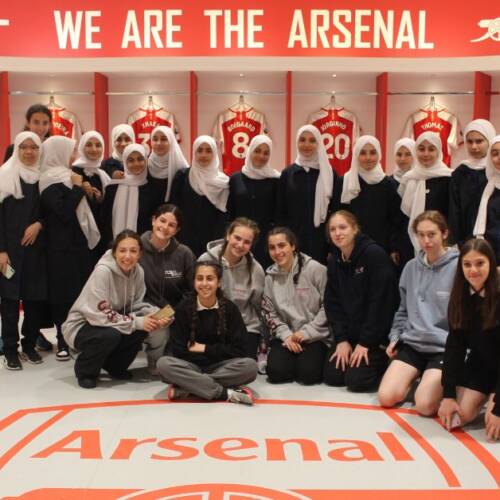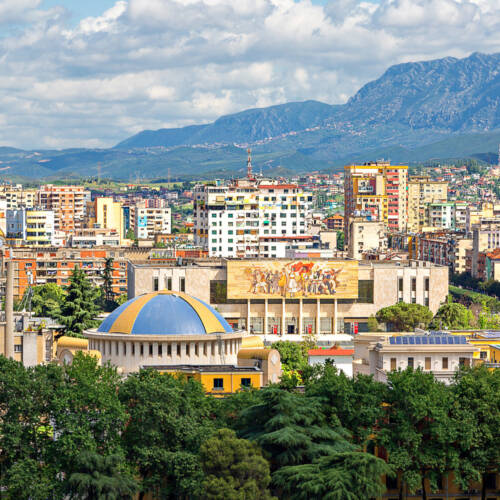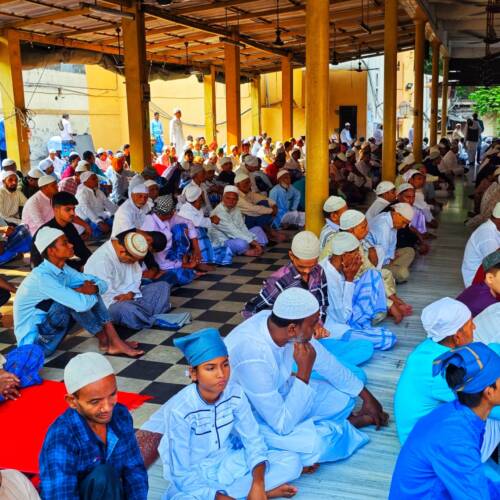
Understanding Eid al-Adha: A Celebration of Faith, Sacrifice, and Unity
27 Jun 2023Eid al-Adha, also known as the Feast of Sacrifice, is one of the most significant festivals in the Islamic calendar. This joyous occasion is celebrated by Muslims around the world to commemorate the willingness of Prophet Ibrahim (Abraham) to sacrifice his son as an act of obedience to God. Beyond its historical significance, Eid al-Adha holds deep spiritual and communal meaning for Muslims, fostering unity, generosity, and reflection. In this article, we delve into the essence of Eid al-Adha, exploring its rituals, customs, and the messages it conveys.
The Significance of Sacrifice:
At the core of Eid al-Adha lies the symbolism of sacrifice. Muslims commemorate Prophet Ibrahim’s ultimate act of obedience and devotion, as he prepared to sacrifice his beloved son, Ismail (Ishmael), upon God’s command. Moved by Ibrahim’s unwavering faith, God replaced Ismail with a ram at the last moment, sparing his life. This event serves as a reminder of the importance of submission to God’s will and the willingness to make personal sacrifices in the pursuit of righteousness.
Acts of Worship and Celebration:
Eid al-Adha is marked by various acts of worship and celebration. The festivities begin with communal prayers at the mosque, where Muslims gather in the early morning to offer special prayers of gratitude. These prayers serve as a reminder of the blessings bestowed upon individuals and the importance of expressing gratitude for these blessings.
The Ritual of Animal Sacrifice:
A central ritual during Eid al-Adha is the Qurbani or the sacrificial offering. Muslims who can afford it are encouraged to sacrifice an animal, such as a goat, sheep, cow, or camel, following the example set by Prophet Ibrahim. The meat from the sacrificed animal is divided into three parts: one-third is kept for the family, one-third is given to relatives and friends, and one-third is donated to the less fortunate, promoting generosity and community support.
Acts of Charity and Giving:
Eid al-Adha serves as a reminder of the importance of charity and helping those in need. Muslims are encouraged to perform acts of charity and give to the less fortunate, ensuring that the blessings of this auspicious occasion are shared with the wider community. Through acts of generosity, Eid al-Adha fosters a sense of compassion, unity, and social responsibility.
Strengthening Family and Community Bonds:
Eid al-Adha is a time for Muslims to come together and strengthen family and community bonds. Families gather to share meals, exchange gifts, and express love and gratitude. It is a time when forgiveness and reconciliation are emphasised, promoting harmony and unity within communities.
Reflection and Spiritual Growth:
Eid al-Adha also provides an opportunity for Muslims to engage in self-reflection and spiritual growth. It encourages individuals to ponder upon their own sacrifices, both large and small, and to strive for personal and moral development. The festival reminds Muslims of their responsibility to follow the path of righteousness and seek closeness to God.
Eid al-Adha is a joyous celebration that encompasses the spirit of sacrifice, unity, and gratitude. It serves as a reminder of Prophet Ibrahim’s unwavering faith and his willingness to submit to God’s commands. Through acts of worship, charity, and communal celebration, Muslims around the world come together to strengthen family ties, extend generosity to the less fortunate, and embark on a journey of spiritual growth. As we celebrate Eid al-Adha, let us embrace its timeless messages of love, sacrifice, and unity, and strive to make a positive impact in our communities and the world at large.












